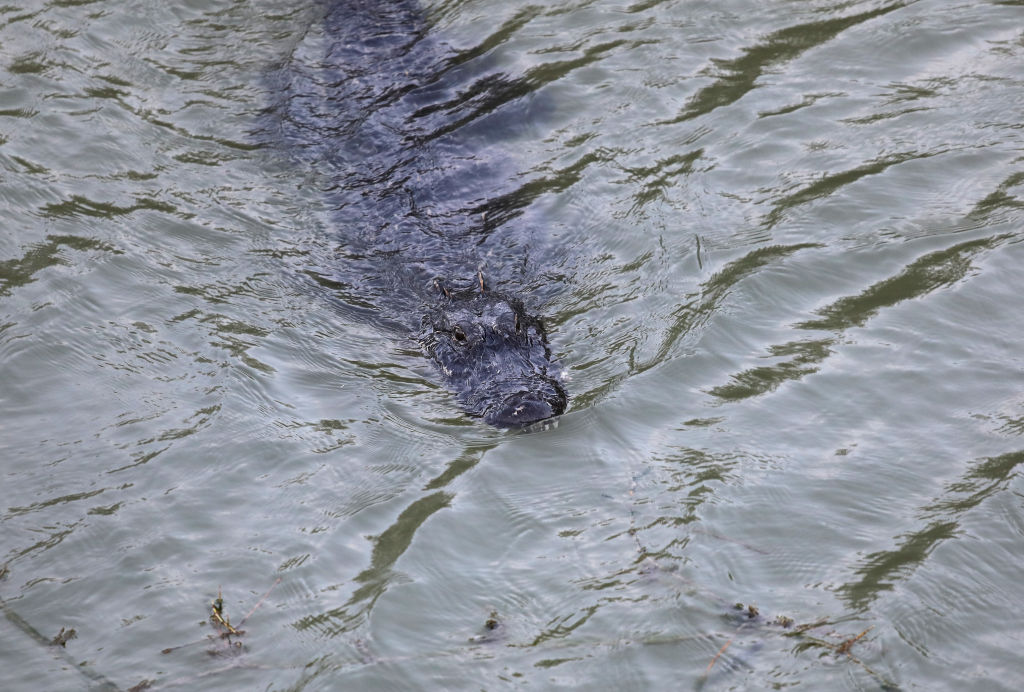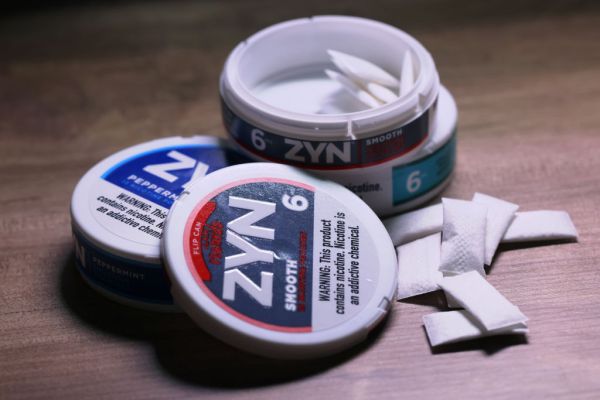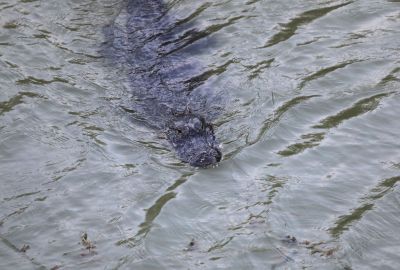Are alligators being used to stop illegal crossings at the southern border? A viral video with nearly 2 million views claims that the National Guard has released the reptiles into the Rio Grande for extra border protection.
The claim is false. Alligators do live in parts of the Rio Grande, but they were not released there by the Texas National Guard or U.S. Customs and Border Patrol (CBP).
The Rio Grande runs along the eastern half of the U.S. border with Mexico, stretching from El Paso, Texas, to the river’s terminus in the Gulf of Mexico. Alligators are commonly spotted in the river, and, as shared by Texas Gov. Greg Abbott in April, warning signs about their presence are posted in certain sectors. “American alligators in the lower Rio Grande are native to the region and part of the natural ecosystem,” a CPB spokesman told The Dispatch Fact Check. According to the spokesman, rumors of the alligators being used by Border Patrol and the National Guard began in Spanish-language media but quickly spread into English-language social media.
While the alligators might make someone think twice before diving into the river, they are not deliberately used for border protection by either the National Guard or CPB. “The National Guard does not, and will not, place alligators in any rivers to prevent migrant border crossings,” a National Guard spokesman told The Dispatch Fact Check.
As Dr. Jeff Tamplin, a professor of biology at the University of Northern Iowa, explained to The Dispatch Fact Check in March regarding a similar claim, even if reptiles were to be used at the border, alligators would probably not be the most effective choice. He said,
If the Louisiana National Guard wants to use a more aggressive species of crocodilian to deter border crossings, they would be better off importing Nile Crocodiles (Crocodylus niloticus) and/or Saltwater Crocodiles (Crocodylus porosus). Both of those species are much more aggressive than the usually docile American alligator.
If you have a claim you would like to see us fact check, please send us an email at factcheck@thedispatch.com. If you would like to suggest a correction to this piece or any other Dispatch article, please email corrections@thedispatch.com.







Please note that we at The Dispatch hold ourselves, our work, and our commenters to a higher standard than other places on the internet. We welcome comments that foster genuine debate or discussion—including comments critical of us or our work—but responses that include ad hominem attacks on fellow Dispatch members or are intended to stoke fear and anger may be moderated.
With your membership, you only have the ability to comment on The Morning Dispatch articles. Consider upgrading to join the conversation everywhere.